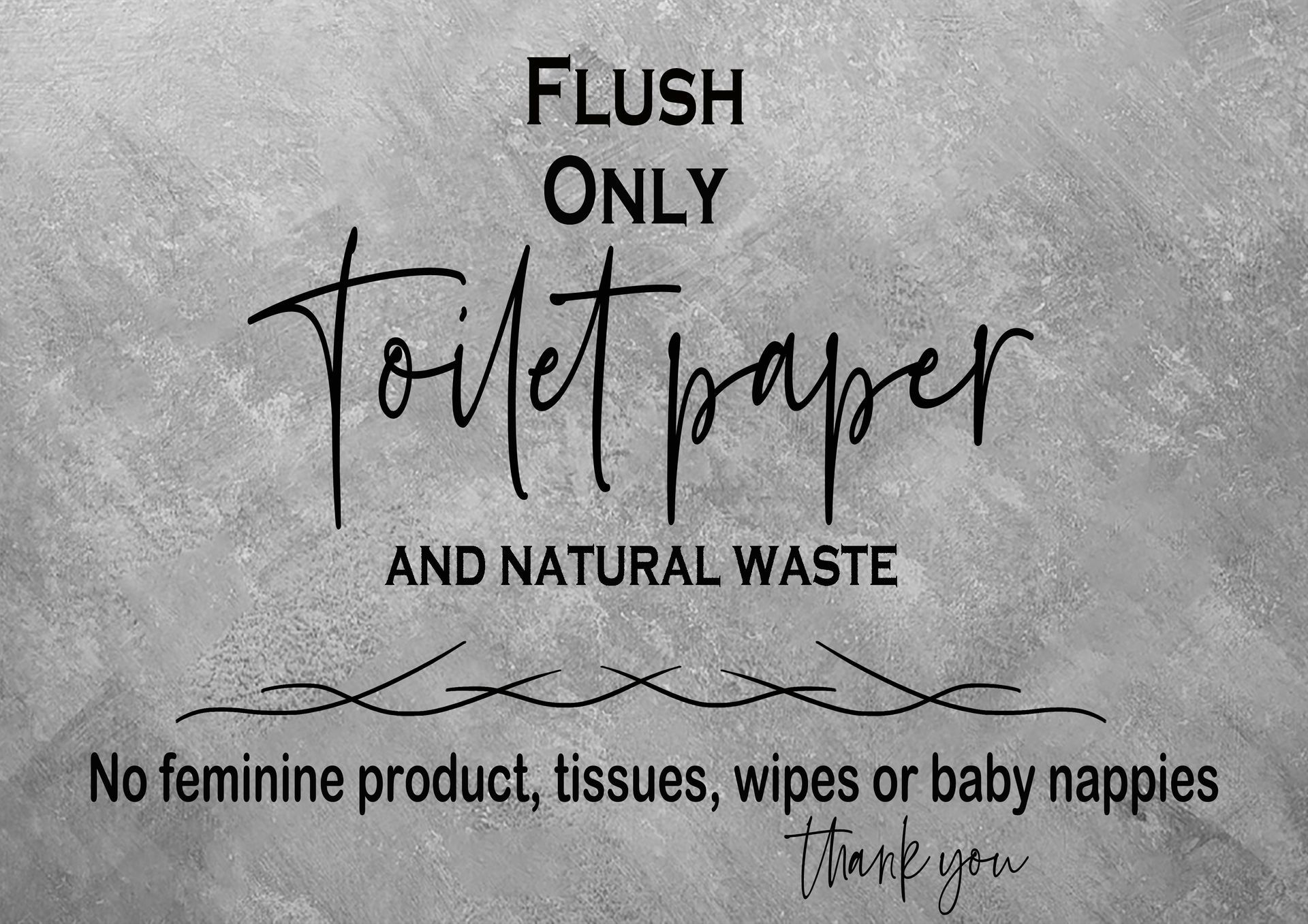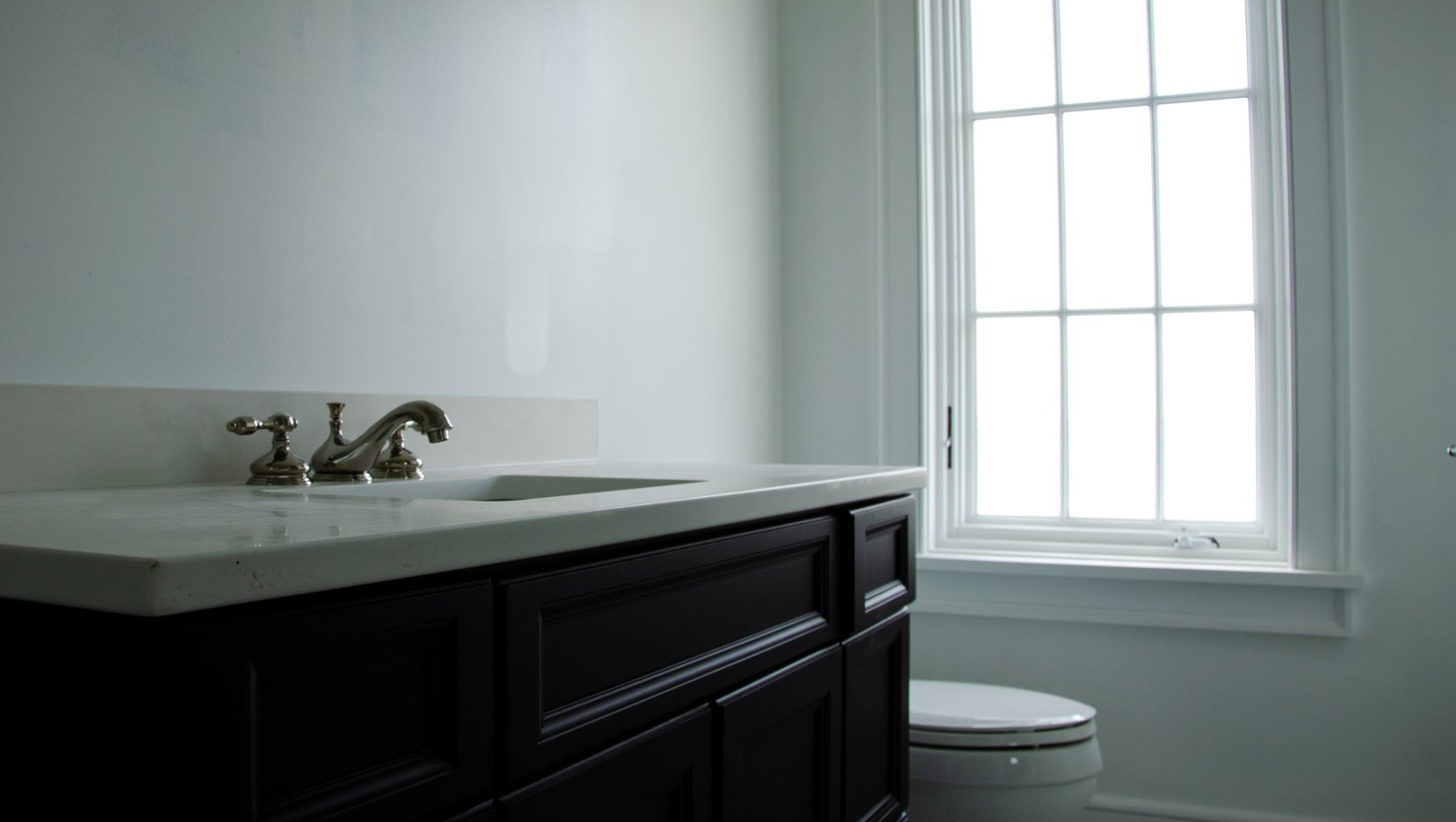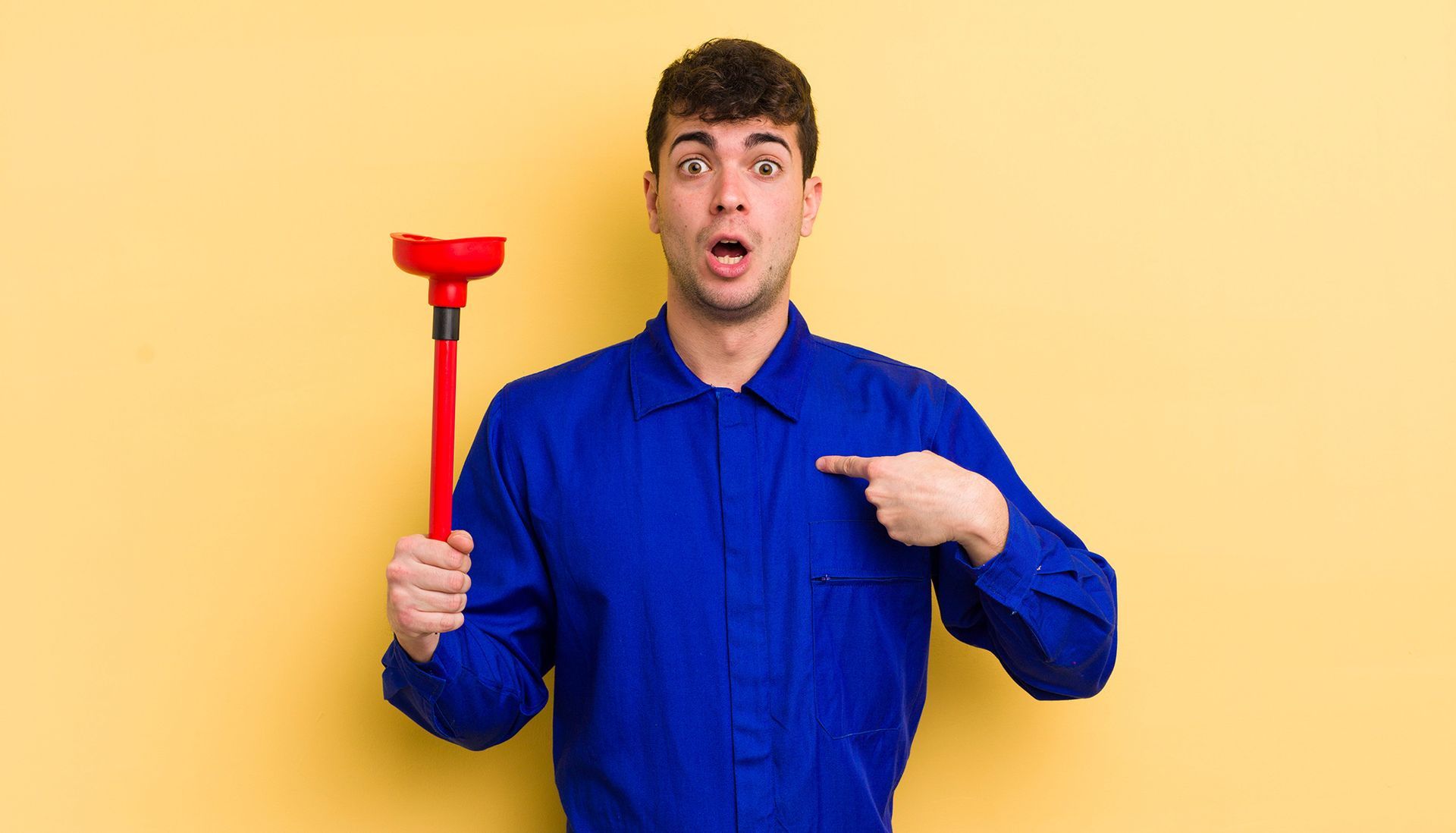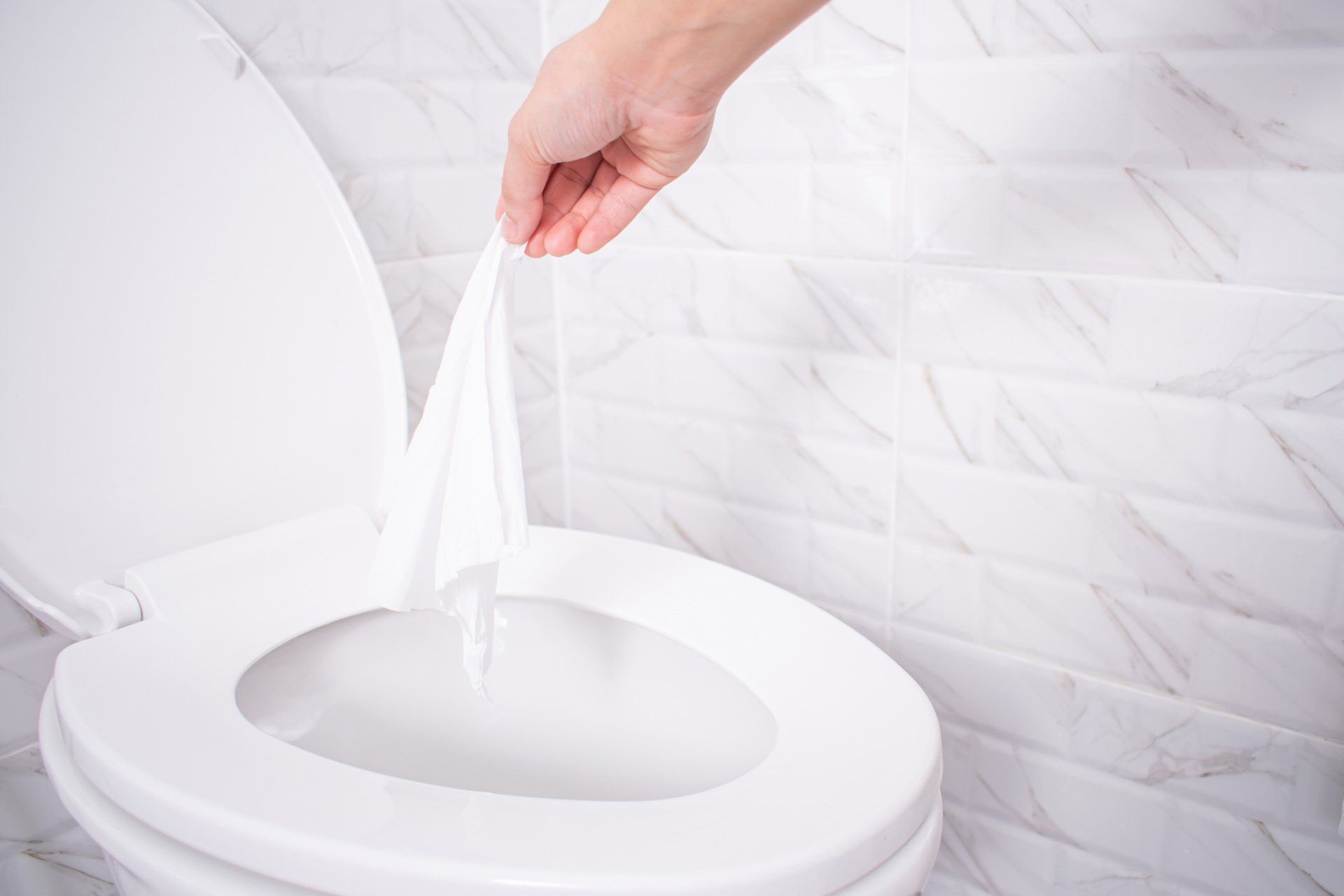Items That Shouldn’t Be Flushed Down the Toilet
There are common everyday products that some decide to flush down their toilet. You’ll often a sign in a public restroom that lists out items to not put in the toilet. There is an abundant list of items that should never be flushed, this article goes over a handful of every day and the most common ones.

“Flushable” Wipes
Flushable wipes are advertised as flushable but this is incorrect. These wipes that claim to be flushable don’t break down quickly and can get stuck in drains, causing a clog. It’s best to place any wipes in a lined trashcan kept in the bathroom vs flushing down the toilet.
Paper Towels and Tissues
Same with “flushable” wipes, paper towels and tissues should also never be flushed down the toilet because they do not break down quickly and get stuck in drains. You should throw away paper towels and tissue in a trash can to avoid clogs.
Feminine Products
Feminine products are a common item that gets placed in the toilet and should be absolutely avoided. Menstrual products are meant to absorb water, not break down in it, therefore they will only expand when flushed down the toilet.
Too Much Toilet Paper
You should avoid flushing too much toilet paper. Using too much toilet paper is wasteful and bad for the environment. It is simply not good for your plumbing. You should only use what you need, if you buy good quality toilet paper a little bit can go a long way.
Cotton Balls, Rounds, and Swabs
Although these items are small and may not seem like a big deal to flush down the toilet, they can lead to clogs. These products do not break down in the water and can build up in the pipelines eventually leading to a clog.
Dental Floss
Dental floss is another one that may not seem like a big deal if flushed down the toilet but it doesn’t break down easily in water and can lead to clogs. Mix dental floss with other items being flushed down the toilet and it may end up tangling with other items creating large clumps.
Simply don’t flush anything down the toilet that isn’t a reasonable amount of toilet paper.
You might also like



